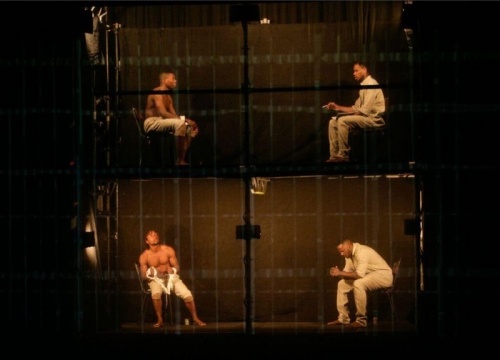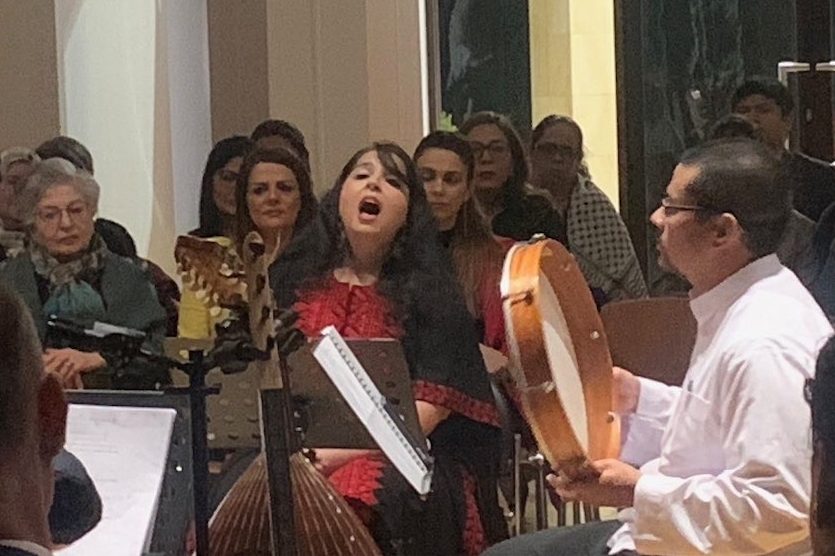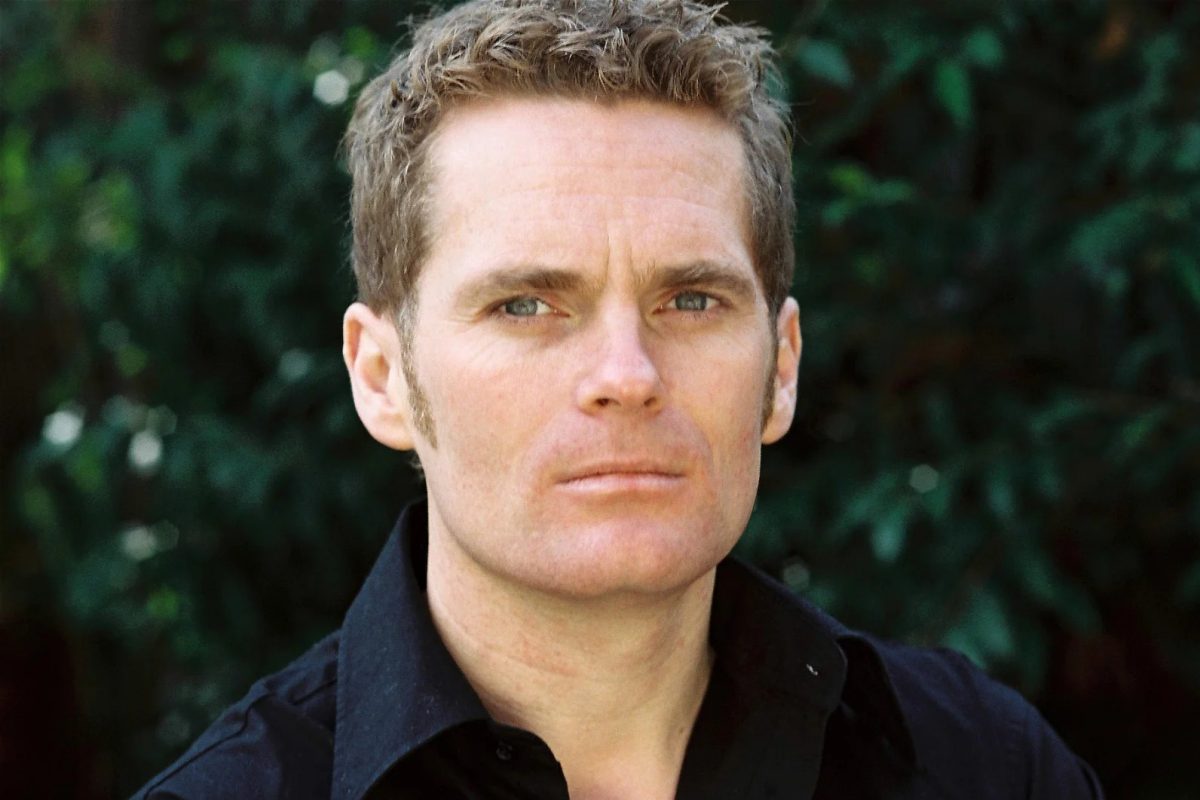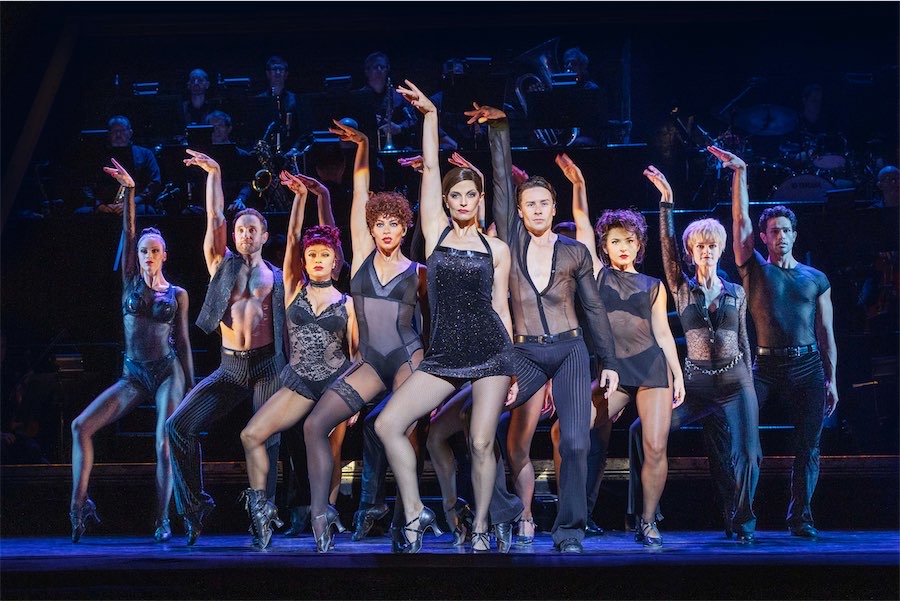
HISTORY is punctuated with individuals who incite change, spark hope, fan the flames of passion and conviction, unite people and challenge them with a call to action – or a test of patience. It’s hard to deny that Nelson Mandela was such an individual.
“Madiba the Musical”, directed by Pierre-Yves Duchesne and Dennis Watkins, is described as a love story. Rather than tell the detailed, personal story of Nelson Mandela, affectionately known as Madiba, a name derived from his Xhosa clan, Mandela is a ubiquitous presence, a father figure, an overseer through which to tell the story of apartheid.
Nelson Mandela’s inspirational strategy, patience and unwavering determination to end racial segregation without retaliation is the backdrop of the conflicts depicted here and of the struggle of fictional individuals, that existed in reality until the apartheid ended in 1994.
“Madiba” unfolds through vignettes and tableaux, with some clunky timing between set changes and exits. Fairly generic images were projected as the backdrop in the first act, and small moveable platforms created the simple sets. The depiction of prison cells behind the cyc was impressive and effectively gave a ghostly presence to Mandela and his inmates, as he patiently saw out his 27-year prison sentence on Robben Island, whilst the outside-world events played out on stage.
This passage of time was conveyed through a myriad of dance styles, choreographed by Johan Nus, with super-slow motion movements to freeze-frame an event and simultaneously give the feeling of years passing. Hip-hop, acrobatic tumbles and breakdance were performed by the ensemble to a lesser degree but primarily by the narrator (David Denis), whose raison d’etre was not fully revealed until the end. A small ensemble of Lithe, muscular men and women perform hybrid dance styles, inspired of course by traditional African dance.
So too were the songs, which were a mix of rap, reminiscent of Coolio’s “Gangsta’s Paradise”, and rhythmically delivered spoken word by the narrator with the majority of the musical numbers melodic, pretty and melancholic. Some of the colour, stirring music and joie de vivre expected from the vibrancy of “the rainbow nation” felt muted and restrained. Despite the absence of a stand-out “showstopper” number, the entire cast attacked their roles with impressive earnesty, and the singing was beautiful.
Perci Moeketsi brilliantly embodied Nelson Mandela, from his physical traits, voice and dance to his dignity and his frailty. Ruva Ngwenya as Winnie Mandela and Tarasai Vushe as the fictional character Sandy delivered their songs with passion and conviction, giving stand out performances. And Tim Onaji, (ex-Canberran “Timomatic”) impressed with his acting, singing and dancing.
While the first act of “Madiba” was a somewhat disjointed overview, in the second act, the fictional character of Will (Barry Conrad) begins to take shape with more of a narrative love story and his sketches, appropriately drawn in “black and white” are used to animate the backdrop. His love interest Helena (Madeline Perrone), the white daughter of Afrikaans police officer Peter Van Leden, returns home to find her father a broken man, wracked with guilt over his part in the Sharpeville massacre. The song “It’s Time now to Forgive” between Helena, Will and tenor Blake Erikson as Van Leden is beautifully moving, as was Erikson’s “My Civilization”.
The description by “Madiba’s” creator and songwriter, Jean-Pierre Hadida is of “A hymn to love and democracy” which explains the reverence and mood of the musical numbers – sweet and endearing but never really giving performers a chance to hit their straps. That said, “Nkosi sikelei iAfrika” had stunning harmonies and grace.
A captivating and enjoyable production, without the dramatic dynamism, leaves the words of Mandela “I was not born hungry for freedom, I was born free” resonating, in an uplifting and joyous show, encapsulating love of a country, a nation, love between people, families and individuals and ultimately, hopefully, between races.
Who can be trusted?
In a world of spin and confusion, there’s never been a more important time to support independent journalism in Canberra.
If you trust our work online and want to enforce the power of independent voices, I invite you to make a small contribution.
Every dollar of support is invested back into our journalism to help keep citynews.com.au strong and free.
Thank you,
Ian Meikle, editor




Leave a Reply